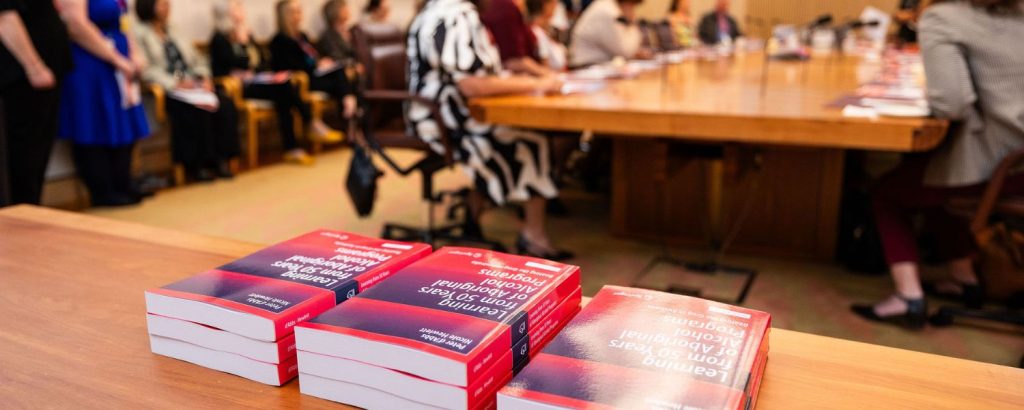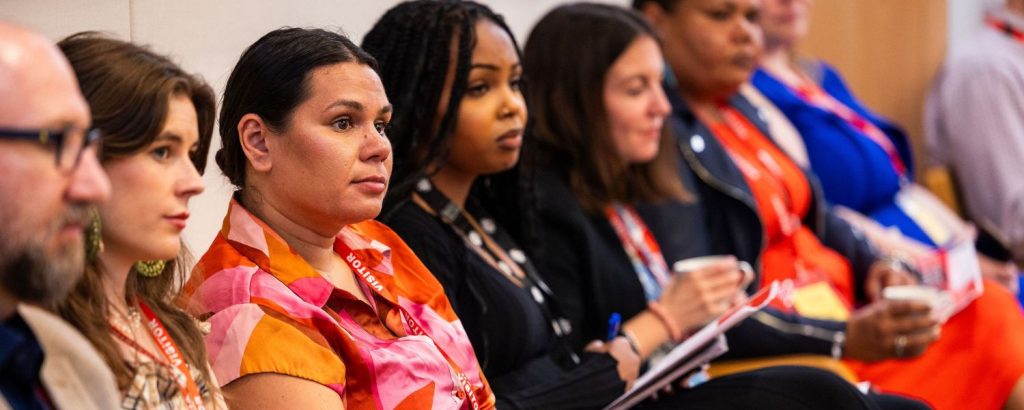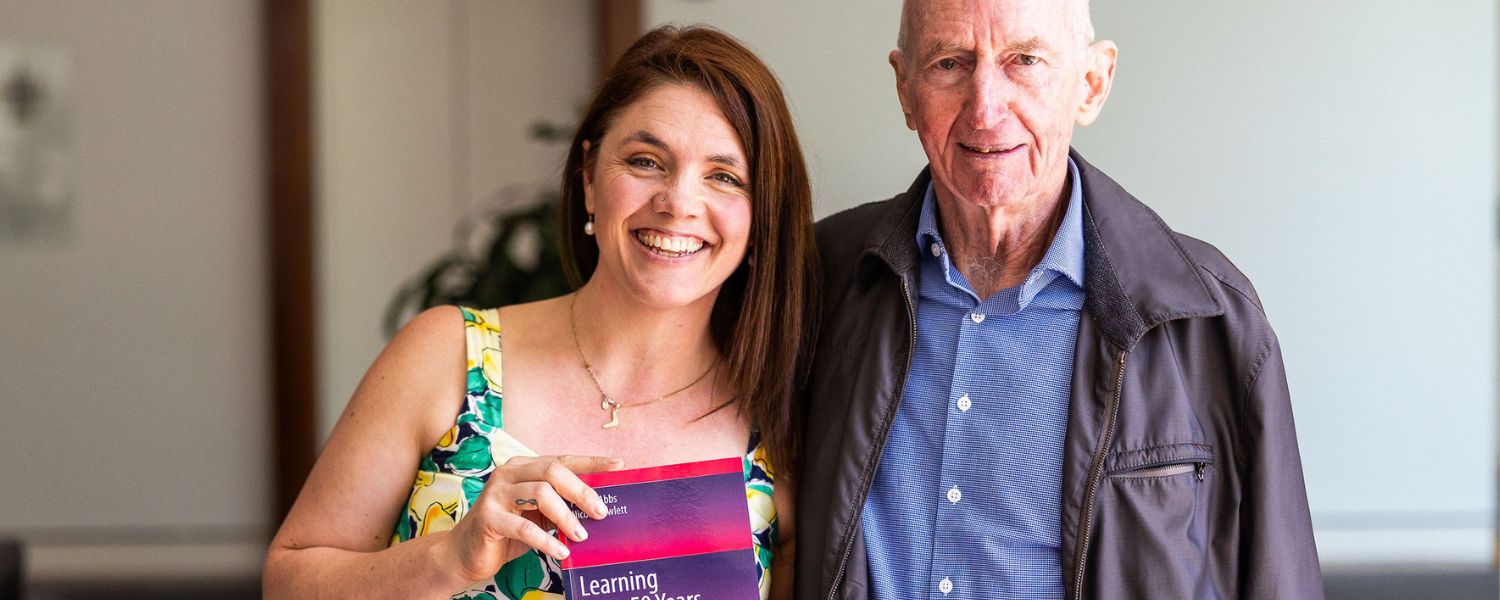This article was first published on Croakey, which can be found here.
The story of this book began with Peter d’Abbs, a non-Indigenous researcher who, to me, has always had the innate gift of deep listening and therefore seeing.
Better still, he was there. Over the past 50 years, d’Abbs witnessed the cycles, patterns and changes of government. He has firsthand accounts of how and why alcohol policy and programs were decided upon.
Most importantly, he understood that the knowledge of those with lived experiences of the impact of such policies and programs, much of it written in grey literature from a pre-digital era, was at risk of being lost, forever.
This realisation only dawned on d’Abbs when he was speaking with a Commonwealth department staff member after the 2007 Intervention in the Northern Territory had unilaterally imposed a blanket ban on alcohol on all Aboriginal land in the NT.
“Do you know that most Aboriginal communities banned or restricted alcohol in their own communities many years ago of their own volition?” d’Abbs asked the staff member.
The reply: “Not only do I not know that, but I don’t think many of my colleagues in Canberra know it either.”
Alcohol causes far too much harm to far too many Australians, including accidents, injuries, self-harm and family violence. It is also linked to health problems including cancers and cardiovascular disease.
By making alcohol more accessible at home – the most common place for people to use alcohol – online sale and delivery can increase the risk of alcohol harms.
Gaps in evidence

At the time, d’Abbs and I both sat on the NHMRC Alcohol Working Group. Here, I would have my own realisation of the heavy dependence on high quality evidence to inform decisions and allocate funding.
Our people did not have access to educational opportunities until recently and we store knowledge and this thing called ‘evidence’ in our stories and Songlines and have done so since men and women awoke from the Great Dream.
We communicate our evidence using our voice, one that is deafeningly absent in much of the peer reviewed evidence, policy decisions, program initiatives and resource allocation.
The consequence of this absence plays out in the most devastating ways. Our communities do not just suffer because of these decisions – we die. That is our reality.
We become political pawns in a game to win the white middle-class vote, so little do our lives matter to the governing bodies with three-year attention spans. Despite this, our people still stand up and we get on with supporting our communities, such is the strength of our people and culture.
But who is informing this evidence?
But what if we did get a chance to write the history with our voice and show exactly how Aboriginal ways of knowing, being and doing have always been the successful solution, hope and way forward?
In 2018, on a sunny day outside the automatic doors of a Brisbane office, this was the profound opportunity that d’Abbs offered me. I seized it.
And so began a deeply respectful collaboration between an old white man and a young blak woman.
We yarned and wrote and yarned some more, long after the money ran out. We shared our knowledges, our stories, and our understandings of the world based on the very different realities we come from.
We challenged each other. We learnt. And we grew. Together. And from this space, our book was borne.
Truth telling

Learning from 50 years of Aboriginal Alcohol Programs: Beating the Grog in Australia looks back over the past half of century on actions taken to prevent or reduce alcohol-related harm in Aboriginal communities.
We reflect on the lived experiences of these actions according to what is captured and, more importantly, not captured in either grey or peer reviewed literature by Aboriginal communities and organisations impacted.
In doing so, the book became a story of truth telling around what works and more importantly, what doesn’t work – something that often goes unrecorded and therefore fates us to repeat the same mistakes.
Mistakes are an inevitable human experience and they are designed to help us learn and grow, but this can only happen if they are acknowledged. And that’s what we did. We acknowledged the successes and the mistakes by privileging Aboriginal voices in the past 50 years of alcohol initiatives and we were gifted with learning several essential truths.
Firstly, the critical need to reframe the alcohol narratives from a “problem” as defined mainly by non-Aboriginal peoples to a set of needs that require healing-informed support as defined by Aboriginal peoples.
Ever since the early days of colonisation and continuing to the present, the dominant discourse framing alcohol use among Aboriginal peoples has depicted it as a ‘problem’ arising from shortcomings among Aboriginal people or communities. The ‘black drunk’ is still used to perpetuate fear and present Aboriginal people as a threat to social order, safety and amenity among non-Aboriginal peoples.
To this day, this narrative persists, disguised under different words for each generation, but to the same end: imposed priorities, programs and outcomes that satisfy no one while exacerbating the intergenerational harms on Aboriginal peoples.
The second truth is that the solutions are always found in the Aboriginal community that will be impacted by the actions taken.
This demands genuine partnership with Aboriginal communities whereby the community leads in identifying issues, prioritising and implementing programs. However, many communities are constrained by resource limitations and the enormous power of those resisting change therefore Government agencies play a critical role in supporting communities with these constraints but need to do so without over-managing.
Our book contains too many examples where governments have veered between total neglect and stifling micro-management.
That said, we acknowledge that government agencies typically require accountability from those they resource. This can be achieved by privileging Aboriginal voices when setting priorities and criteria for assessing program performance.
The book refers to many promising instances of where government agencies centre Aboriginal ways of knowing, being and doing and provide the skills and resources required to monitor and evaluate programs.
A gift

We understand that as long as the colonial conditions and structures that give rise to harmful alcohol consumption persist, there will be harmful consumption.
This book reframes the last 50 years by privileging, prioritising and amplifying Aboriginal voices.
In doing so, it showcases the solution-focused, strengths-based and resilient spirit of our people, despite the challenging realities we live in.
This book provides a gift of knowing, of truth and of hope. Most importantly, it offers a pathway forward where we can walk together. This too can be the reality.
We will leave you with the beautiful words of outgoing Aboriginal and Torres Strait Islander Social Justice Commissioner AO June Oscar, who wrote the foreword in our book:
By reading this book, I believe, many others will be able to learn more about both the achievements of those who have gone before, and the challenges faced along the way.
I believe that this book engenders hope and empowers us to know that by working together we can reduce alcohol harm and bring about safer and healthier societies.”
June Oscar AO







